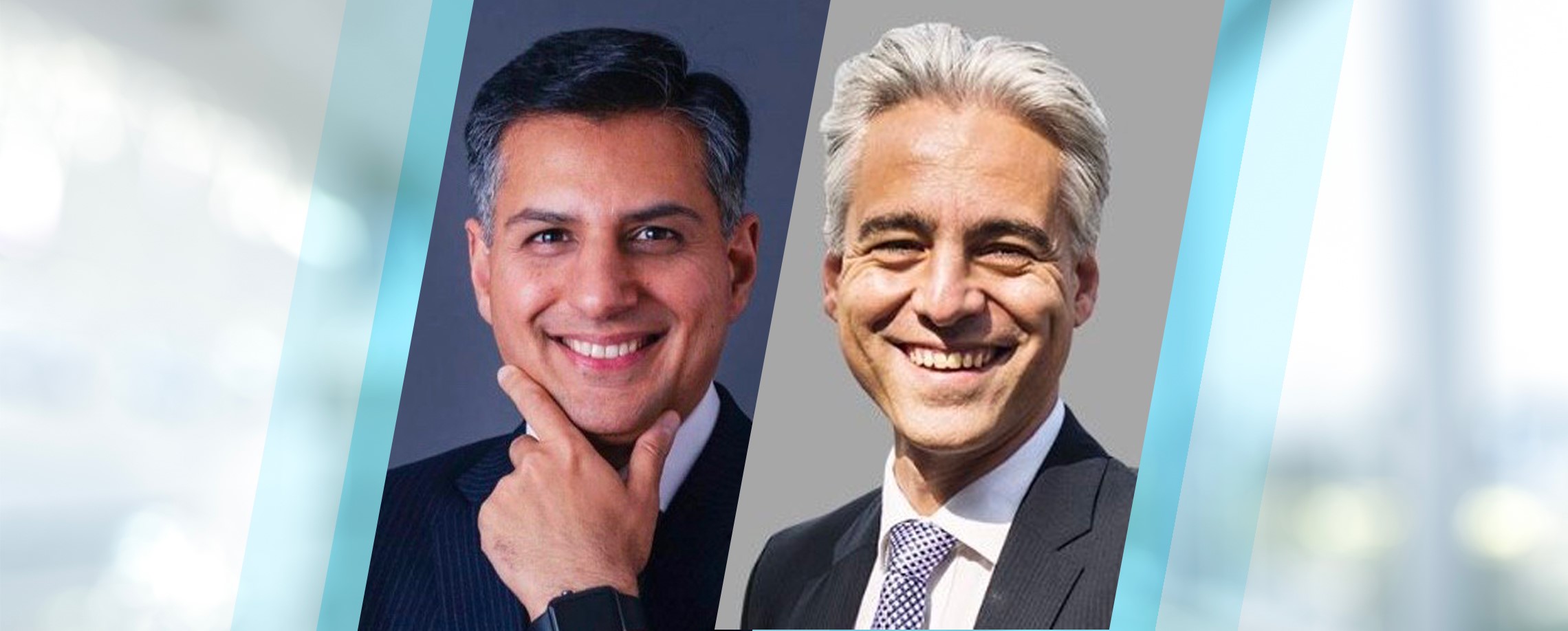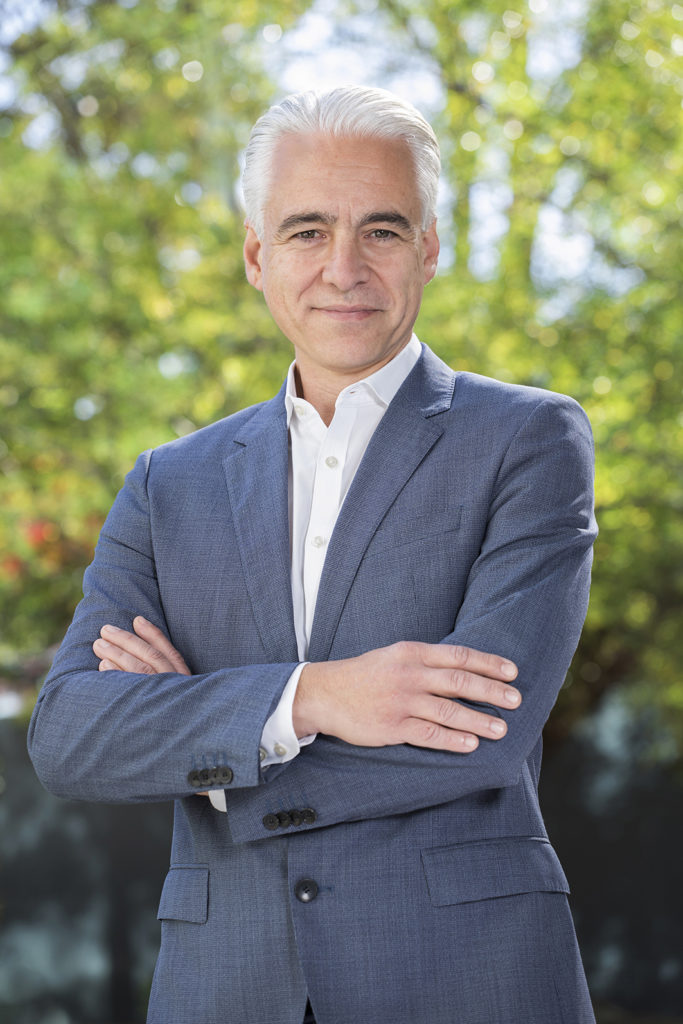
- Author: Nicole Madigan
- Posted: July 7, 2022
THE STRATEGIC CFO
At the recent CFO Lunchtime Live WebCast, facilitator and Global CFO of Xref, James Solomons was joined by award winning Finance Chief, Moazam Shah, CFO of Aspen Medical and Kerry Agiasotis, President Asia Pacific, The Access Group to talk all things strategy and technology in a post-COVID world.
The concept of the strategic CFO is one that’s experienced increasing momentum over the past few years, but it’s a concept that’s both nuanced and subjective.
However, both Mr Shah and Mr Agiasotis both agree on one key point – that a major objective of the strategic CFO is creating value.
“As far as the traditional CFO is concerned, it’s more viewed as a trusted financial advisor of any organisation,” says Mr Shah.
“Whereas the modern CFO role is more guidance based than the traditional, governance based, so to speak. By governance, what I mean to say is that it’s more of an implementation of the finance policy and acting as a service provider through financial reporting, management accounting and budgeting.
“Whereas, by guidance, what it means is that more focus is placed on Decision Support System at both Operational and Enterprise level. It requires more in-depth engagement and more close collaboration with the non-finance stakeholders within the organisation, whether it’s human capital or operations or business development, marketing, and so on, in order to facilitate M&A activity, pricing decisions for new products or service lines, and overall risk management”
Mr Shah says the key difference between the conventional CFO and the strategic CFO is value creation.
“I think the key component of success for the strategic CFO is not only to understand the key value drivers of business in different areas, whether that’s its supply chain, its sales side, its products, its customers, it also requires the CFO to have very sound understanding of the digital drivers.”
“So, understanding the value chain and also understanding the key digital drivers, I think that’s, they’re the keys of success.”
Mr Agiasotis echoes Mr Shah’s sentiments, but believes being a strong, strategic CFO also comes down to mindset.
“You see the difference, someone who is more preoccupied and actually more engaged with looking forward, understanding the opportunities the business has, unlocking value in growing, as opposed to worrying about the current state,” Mr Agiasotis says.
“The strategic CFO is someone who’s challenging the organisation constantly. They’re not reacting to things that are being presented. They’re the ones who are actually identifying those opportunities and challenging the organisation to continuously unlock value for further investment, to really help that organisation grow and move forward.”
A post-COVID world
And then there was COVID, which has made strategic thinking all the more critical for organisational leaders, including CFOs who have played a significant role in how businesses have adapted to the changing landscape.
One of the biggest changes seen by almost all organisations is the increased use of technology, something both Mr Shah and Mr Agiasotis say was already on the cards.
“We’re effectively becoming more digital as individuals and consumers, that obviously meant businesses needed to adapt,” Mr Agiasotis says.
“What COVID did was accelerate that for everybody. And it actually demonstrated the ability to change and the ability to change rapidly. It wasn’t just large businesses that had the capabilities, that had the resources, the assets, to be able to do that.
“[They] were able to take advantage of the things that changed around them. And when we talk about the change around us, it’s profound.”
For Mr Shah, it was the push towards hybrid work environments, at a time when Aspen Medical was also experiencing rapid growth, that resulted in what he describes as an “incredible experience” throughout the pandemic.
“It took us a great amount of effort to bring people on board, to identify the right talent, train them,” says Mr Shah.
“It was an incredible experience as far as I’m concerned that I’ve witnessed firsthand here at Aspen medical.
“The nature of the work here requires a lot of collaboration and close interaction with different stakeholders throughout the organisation, because it’s not all about reporting numbers only.
“It’s really facilitating, as a finance partner, the business right from the early preconception stage of the project – by doing the feasibility review studies and participating in the tender review and the peer review process – all the way through to the end of the project life cycle.”
A unique approach
At the end of a fascinating panel conversation, Mr Solomon sought the insights of each of the guests on a topic relevant to their unique experience. He also asked they share the daily habit that keeps them working at their best.
For Mr Agiasotis, it was all about tech trends, and which of those CFOs should be following.
“Technology is just changing at such a rapid rate,” he says.

“One [trend] is how you’re organising your data in your organisation. Data fabric is a catchphrase that you’ll hear about, but it’s technologies that really help you aggregate information.
The final trend, he says, is remote work.
“That thinking beyond your own four walls and the interconnectedness between your own organisation and your supply chains and value chains more broadly.
“I think these are the three key things to be looking out for, because they’re pretty pervasive irrespective of the type of organisation that you are.”
As for his must-do habit, Mr Agiasotis says he exercises religiously, every day.
“Doing that in the morning, carving out the sort of hours that you need to do that, just clears the mind,” he says.
Mr Shah also cites exercise as the daily ritual he swears by to keep inevitable stress at bay.
“As corporate leaders who are running on a very fast treadmill at work all day long, I think one of the inevitable outcomes that we deal with day in and day out is the stress.
“And I think one of the best ways to deal with the stress is to exercise, to preserve your mental and physical health. I love very intense, 15 minutes workouts very early in the morning.”
Mr Shah was also asked what skills he believes modern CFOs should focus on developing in 2022.
“People consider developing IQ or Intelligence Quotient, as well as EQ or Emotional quotient as the two key variables of success,” he says.
“But I think going forward, we also have to focus on something called Adversity Quotient, which is the resilience required to deal with unpredictable circumstances.”









